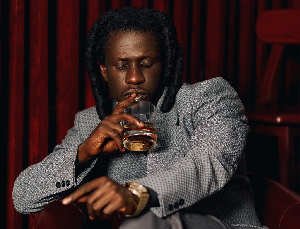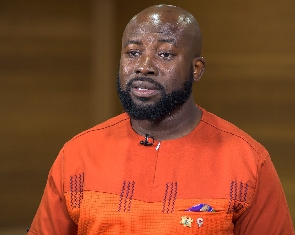Basic Education as currently structured and delivered in Ghana, comprising primary and JSS training, "is inadequate to equip our young pupils with the basic reading, writing and numeracy skills required for further mass training at the secondary level to international standards.
Neither does it equip them, as promised in the 1987 reforms, with practical skills for the world of work," admits a government White Paper on the report of the Education Reform Review Committee.
Starting from next year, Government will begin the process of replacing the current education system. This should see the Junior Secondary and Senior Secondary School system being replaced by a High School system.
And, the first one year which new university entrants spend as Level One Hundred students, basically choking up the already overcrowded universities, will be eventually done away with, reducing the normal graduation period to three years.
The 2007 budget statement to be read this Thursday will see Government making huge financial allowances to fund the reforms aimed at stemming the tide of over 200,000 school leavers being thrown out onto the streets annually without any basic skills.
The new radical, Free Compulsory Universal, Basic Education programme is eleven years in length, covering children from age 4 to 15.
In sum, education will begin with two years of kindergarten, six years of primary, and seven years of high school - with the first compulsory three years in junior high school and thereafter, a re-defined four-year senior high school system.
The implementation of the new basic education system is scheduled to be completed in 2015, in line with the Millennium Development Goals set by the United Nations. This arrangement will far exceed the standards required under various international conventions on people's rights to which Ghana has subscribed, such as the MDGs, Government predicts.
The records indicate that under the current system, on average, the completion rate from primary grade 1 to primary grade 6 has been only 79.9 percent – 80.8 percent for boys and 78.9 percent for girls.
To achieve Free Compulsory Universal Basic Education, this figure of survival needs to reach 100 percent.
Also bad is the survival rate from JSS 1 to JSS 3, which sees one out of every eight pupils who entered through the JSS stage failing to complete it. Government has also decided that, unlike the JSS which served as a terminal programme for most pupils, the Junior High School should become the entry stage for a comprehensive system of Senior High School training in vocational, technical, agricultural and general education and a structured scheme of apprenticeship.
In addition, Government will assume full responsibility for the first year of a much more structured system of apprenticeship for junior high school leavers who are unable to enter senior high school programmes.
Government's decision is that places for education at the post-junior high school level should, "eventually be made available on a universal basis to all Ghanaian youth, and that the senior high school system should be organised both as terminal education for entry into the world of work, and as a preparatory stage for entry into tertiary education," the White Paper states. Tertiary education will involve four streams: general education, vocational education, technical education and agricultural education.
In the first two years at the senior high school level, mathematics, computer studies, general science, social studies and English will be compulsory subjects.
Also, for the large number of teenagers who drop out of school, a new system of apprenticeship, in partnership with the private sector, has been proposed. Teacher education is also expected to receive a major boost in the 2007 budget. Also to be captured in the budget is the effective decentralisation of executive responsibility for the administration of primary and second cycle schools to the Districts.
The University of Development Studies and the University of Education are both expected to be major winners in next year's budget, in line with the recommendations.
President John Agyekum Kufuor in January 2002 set up the Prof. Jophus Anamuah-Mensah committee to review the entire education system in the country. It completed its work in October of that year.
General News of Tuesday, 14 November 2006
Source: Statesman












